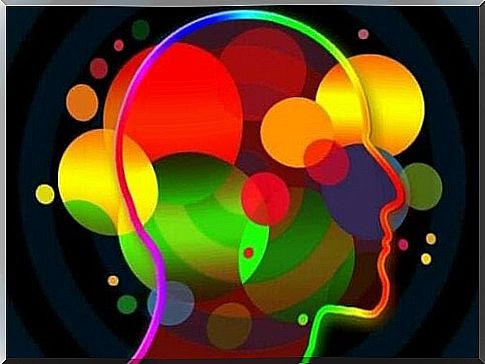What Do Socio-emotional Skills Mean?

Every day, researchers discover new and interesting properties concerning socio-emotional skills. One could liken them to the plant aloe vera because they are healthy, promote well-being and are accessible to all. In short, they are an important set of tools that facilitate the emotional handling required to get along with others.
The concept is quite easy to understand, but often difficult to apply in real life. This is because people, as you may have noticed, are constantly struggling with the emotional world. Therefore, some schools have begun to integrate socio-emotional skills into their curricula. They hope to help students develop these important skills that will serve them for the rest of their lives.
It is important for today’s children to grow up and become adults who know how to develop positive relationships. Individuals who can communicate and make confident decisions and create caring, empathetic, harmonious and understandable environments. The efforts we make as a society towards these goals will benefit everyone.
We should make it clear that children are not the only ones who need to practice this. Adults also have a responsibility to improve this psychological muscle that is so important for well-being.

What does socio-emotional skills really mean?
All of this sounds good, but what exactly are socio-emotional skills really? In a nutshell, they are “tools for life”. As a result of a study conducted by Dr. Joseph Durlak at the University of Illinois found that this set of skills is the result of combining the emotional lessons one receives at home and at school with the individual’s personal emotional development.
This combination is important for shaping children, teenagers and adults into people who can effectively navigate daily life. After all, if you master socio-emotional skills, you will perform better in school, at work and in your relationships. Let’s take a closer look.
Which of these skills should you develop?
Jones, DE., Greenberg, M. and Croley, M. (2015) argue that fine-tuning socio-emotional skills in childhood is not only good for social adjustment. In their work, they found that the development of these skills also has a positive impact on physical and mental health.
Basic socioemotional skills include the following aspects:
- Self-awareness. This is the ability to recognize emotions and their relationship to thoughts and behaviors.
- Self-control. An ability to regulate emotions in different situations without losing control. Knowing how to adapt your behavior appropriately.
- Social awareness. The ability to connect with others by understanding realities other than one’s own.
- Communicative ability. How to express yourself. Knowing how to listen and knowing how to solve problems.
- Decision-making ability. Being able to make good decisions is an important skill in this category.
- The ability to set realistic and positive goals, as well as to be able to achieve them.
- The ability to build healthy, positive and happy relationships.
Why are socio-emotional skills so important?
In a study conducted by Dr. Damon Jones at the University of Pennsylvania found that children trained in socio-emotional skills from the age of four performed better throughout their academic careers. Not only that, but they also continued to benefit from what they learned as adults. They were more satisfied at work, had better relationships and generally enjoyed a higher level of well-being compared to people without this education.
There are many benefits to learning these skills:
- Improves your endurance to achieve your goals. When you have your feelings on your side, you improve all your abilities.
- You get more satisfying relationships with family, friends and colleagues.
- This means a prerequisite for effective problem solving.
- You get along better with people because you know how to handle your emotions and get in touch with others.
- It provides an improved ability to set boundaries.
- It provides improved self-esteem, efficiency and self-control.
- You help create a more empathetic and humane environment.
- It results in less violence and aggression.
- It causes lower levels of stress and anxiety.
- You get a better general mental and physical well-being.

How to improve your socio-emotional skills
The dialogue about socio-emotional skills often takes place in the field of education. We know that children and young people need to master these skills from a young age.
But what about adults? Is it too late for us? The short answer is no. It is never too late to train your emotional muscle.
The keys to strengthening your socio-emotional skills are as follows:
- Get to know yourself. Discover your emotional boundaries. Do you often lose control? Is it difficult for you to agree with, communicate and get in touch with others? Do you have difficulty identifying your needs and feelings? Identify your emotional shortcomings so you know where to start.
- According to Daniel Goleman, you should channel your emotions in a more productive way. It is possible that your emotions so far have only given you stress and anxiety. However, they can do so much more than that, and they should. Your emotions should put you on the path to well-being and satisfaction. However, they can only do so if you are aware of them. If something bothers you, look for the emotions behind that element (such as sadness, anger, and frustration). Name what you feel and give it some space. This will allow you to recognize it, and then try to listen to the message it sends you.
- It is never too late to improve your communication skills, your empathy and your self-confidence.
Do not be afraid to change
Finally, remember that you live with other people. We are social beings by nature, so we must take care of each other, understand each other and strive to create more habitable and productive environments for all.
In summary, you yourself can be part of the change. Thus, with a little commitment and drive, you can help create a more empathetic society where self-control and understanding of others’ feelings translates into a better quality of life.








